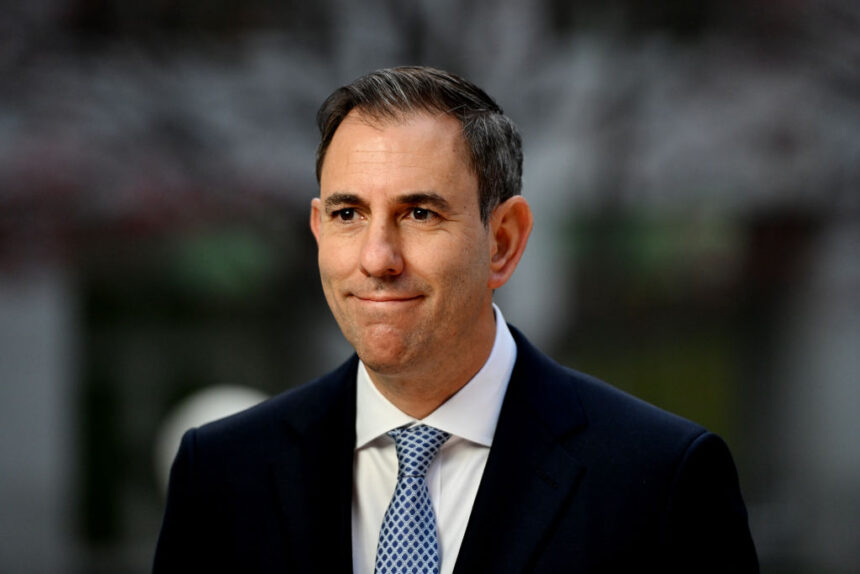The Australian Bureau of Statistics reported on Oct. 30 that inflation had dropped to 2.8 percent, the lowest level in nearly four years, a development that Treasurer Jim Chalmers welcomed. He acknowledged the progress in combating inflation but highlighted that Australians are still facing challenges. Chalmers mentioned the government’s efforts to address inflation from various angles and noted the significant decrease in underlying inflation, which is now at its lowest in almost three years.
He pointed out that trimmed mean inflation had decreased to 3.5 percent in the year leading up to the September quarter, down from 4.0 percent in the previous quarter. Chalmers credited some of the improvement to government policies like energy rebates but acknowledged that these measures alone did not explain all of the moderation in the latest figures.
While inflation was at 6.1 percent during the last election, it has now dropped to 2.8 percent. Chalmers emphasized the positive trend in monthly inflation figures for September, which decreased to 2.1 percent from 2.7 percent in August.
However, Shadow Treasurer Angus Taylor criticized the government’s optimistic outlook, stating that Australians had become poorer under Labor’s leadership. He noted that core inflation had risen by 0.8 percent in the September quarter, with an annual increase of 3.5 percent, well above the Reserve Bank of Australia’s target range. Taylor highlighted the impact of rising prices, taxes, and mortgage repayments on Australians due to what he termed “homegrown inflation.”
He also drew attention to the disparity between domestic and imported inflation, with domestic inflation being significantly higher. Taylor contrasted Australia’s economic struggles with other countries where interest rates had decreased, suggesting that essential goods had become more expensive under Labor’s governance.
Chalmers responded to concerns about inflation potentially peaking again by pointing to global inflation fluctuations. He mentioned that while there may be fluctuations in the downward trend, the overall direction was positive, especially in the underlying number.
Taylor criticized Australia’s handling of inflation, stating that the country lagged behind others in addressing persistent inflation. He highlighted that Australia’s core inflation was higher than in several other countries and noted that interest rates were decreasing globally but not in Australia.
Overall, the government and opposition had differing views on the state of inflation in Australia, with both sides presenting their perspectives on the issue.
Source link






